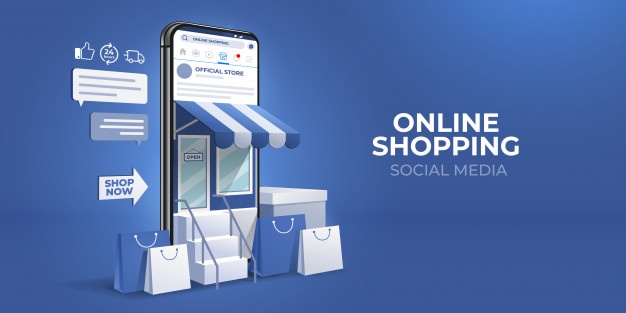There’s a significant shift happening in the commerce industry right now – and this event is leveling the playing field for forward-thinking and innovative entrepreneurs across the globe. A report from Business Insider revealed that most retail stores are moving their business on the web. They do this to adapt to changing consumer habits and a pandemic that has shuttered many physical storefronts around the world.
Although starting an e-commerce business from scratch and watching it grow is rewarding, this venture can be challenging. Building an online business takes more than just coming up with a cool-sounding brand name and selling products on the web.
If you’re aiming to launch a successful e-commerce store, keep the following suggestions in mind:
Searching for a niche that you are passionate about or interested in is one of the most important things when establishing a business. Here are a few guide questions to help you find out what your passions and interests are:
When looking for a trusted supplier, opt for a specialty one that does not sell on Amazon or other big retailers. When you find a niche market, you’ll have less competition and make ranking in Google easy for you.
What’s more, don’t settle for one supplier-partner with multiple ones for your e-commerce business. No matter how much you trust a supplier or how many five-star reviews it has, they may encounter fulfillment problems beyond their control. You, therefore, should have other suppliers lined up who can fill the void in case you run into fulfillment issues.
Telling the world that your e-commerce store exists is something you should do after setting up and populating your store with products. Before you craft marketing strategies to drive traffic, you need to first understand which kinds of traffic you want in your digital store.

Image by Freepik.com
The first type is organic traffic. This refers to online visitors who land on your e-commerce website as a result of unpaid search results. Examples include search engine optimization, social media marketing, and blog posts.
The second type is paid traffic. This refers to traffic generated through paid means. The traffic consists of web visitors who land on your e-commerce store after clicking on a paid advert. An excellent example of a paid ads platform is Facebook Ads, which enables you to zero in on specific audiences on Facebook and an extensive database of users.
If you’re unsure which type of traffic to choose, hire a digital marketing consultant. This professional will provide marketing strategy recommendations and suggest agencies that offer paid media, social media, and SEO services.
Aspiring e-commerce business owners who have plenty of funding usually pay a professional or an agency to have a custom site built. They then hire a team to manage the maintenance of the website.
Not many, however, have that kind of luxury. If you don’t have a large budget or capital but still want to start an online business, opt for a trusted e-commerce platform with excellent customer support.
An example is Shopify. This platform offers merchants a scalable, secure, and reliable platform that actively improves performance and sales online. It also provides great customer service along with 24/7 help in case you have questions about setting up your e-commerce store.
The average order value refers to the average amount spent each time a shopper puts an order on a digital store or a mobile app. The formula for this is revenue divided by the number of orders.
Here’s an example: let’s assume you have a customer who is about to buy from your online store. This person has just purchased a Halloween-themed hoodie. You have the option to present an offer for a similar product at a discounted price. Alternatively, you can give a second offer that lets you offer more of the same item.
Given the presented scenario, you could offer a smaller-priced product, such as a pumpkin hat. You could also throw in a second hoodie at half price. Your goal in this situation is to increase the average order value. This will enable you to spend more dollars to acquire online customers and outbid your competition looking for the same type of customer.
Launching a digital store won’t be easy. By taking note of these suggestions, though, you can be on your way to establishing a successful e-commerce store.

Be the first to comment on "Launching an E-commerce Business? Here’s What to Know"